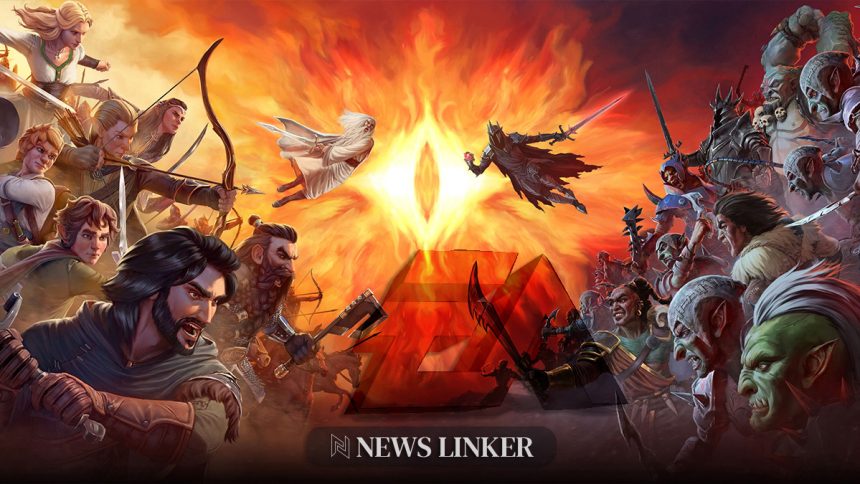Former BioWare co-founders Greg Zeschuk and Ray Muzyka once envisioned a significant shift within Electronic Arts (EA) following the launch of their ambitious MMO, Star Wars: The Old Republic. This vision included potentially leading a takeover of EA, aiming to influence the company’s direction from within. Their departure from EA in 2012 marked the end of an era, leaving fans and industry watchers curious about what might have been if their plan had materialized.
BioWare’s journey under EA saw the release of several successful franchises, including Mass Effect and Dragon Age, which solidified the studio’s reputation. Despite challenges and criticisms directed at EA for emphasizing live-service models, BioWare continued to produce critically acclaimed games. This period was marked by both creative successes and the strains of operating under a large publisher, reflecting the complex dynamics between studio autonomy and corporate oversight.
What Was the Vision Behind the Proposed EA Takeover?
“If it was super successful, super duper successful, Ray and I would have probably launched a bid to try and take over EA from the inside, being the corporate pirates that we are.”
Zeschuk shared that their plan hinged on the unprecedented success of The Old Republic, aiming for $2 billion a year to gain enough leverage for the takeover.
How Did Star Wars: The Old Republic Perform?
The Old Republic was a large-scale MMO with unique stories for each class and extensive voice acting, representing one of the most expensive video games ever developed. While it did not achieve the dominance of World of Warcraft, it maintained a dedicated player base and continues to be supported by Broadsword Entertainment, showcasing its enduring appeal despite not meeting the blockbuster expectations.
Why Did the Takeover Plan Not Materialize?
Zeschuk noted that the financial success required to execute their takeover strategy was not realized, leading them to abandon the plan. This decision reflected the challenges of leveraging a single project’s success to influence a major corporation significantly.
Reflecting on their tenure at EA, Zeschuk acknowledged the studio’s achievements while also recognizing the limitations imposed by being part of a large publisher. His preference for game creation over corporate management underscored the creative tensions that often arise within major gaming companies.
BioWare’s evolution post-EA acquisition highlights the complexities of maintaining creative integrity within a corporate structure. While the studio produced notable titles, the shift in corporate priorities affected its trajectory, prompting the founders to seek environments more aligned with their creative aspirations.
Zeschuk’s insights offer a window into the delicate balance between creative independence and corporate control in the gaming industry. Understanding these dynamics is crucial for appreciating the successes and challenges faced by influential studios like BioWare.










